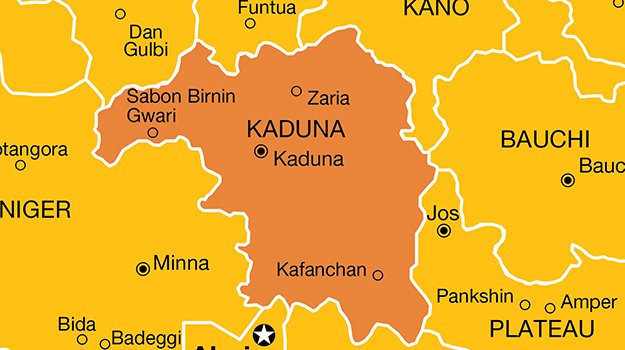Enugu Gov’t To Upgrade Health Facilities For Better Service Delivery

The government of Enugu State, Friday, pledged to upgrade secondary healthcare facilities across its 17 local government areas to curb infant and maternal deaths in the state.
The state Commissioner for Health, Prof. Emmanuel Obi, announced this during the Dissemination Meeting on Health Facilities for Comprehensive Emergency Obstetric and Newborn Care (CEmONC) and Bill of Quantity Assessment Report in Enugu.
The programme has the theme “Strengthening Emergency and Newborn Care Through Evidence-based Assessment”. It was organised by the Enugu State Ministry of Health in collaboration with the Sector-Wide Approach (SWAP) – a Federal Ministry of Health (FMH) programme – and Jhpiego – an affiliate of Johns Hopkins University Baltimore, USA.
According to the commissioner, the upgrade would provide comprehensive emergency maternal and newborn care for its citizens, adding that the meeting was a combined effort of the FMH (SWAP) Office and the state Ministry of Health to carry out an assessment of secondary healthcare facilities that needed to be upgraded to enable Enugu to deliver CEmONC.
According to him, “Before this, the Enugu State government, under Gov. Peter Mbah, had already ordered an assessment of the secondary healthcare facilities in the state being done by the state Hospital Management Board. This comprehensive assessment is going to be harmonised with this CEmONC assessment.”
He said the state would provide those facilities needed to be able to tap into the Federal Ministry of Health’s programme of Hope Health and SWAP to deliver funds under disbursement-linked indicators.
“Once we get approval, we will begin to do those things identified for us to be able to access funds from the federal government and make secondary healthcare beneficial to our people,” he stressed.
The SWAP Desk Officer, Mrs Francisca Ewoh, said the programme was one of the reforms of Nigeria’s Health Sector Renewal Initiative to address maternal and neonatal mortality in Nigeria.
She said the programme was going on across Nigeria’s 36 states and FCT, adding that “partners pool their funds together to fund the project”.
According to her, “It is no longer when partners will invest their money directly in the state where they want to put their money; it is now based on one report, plan budget and conversation through the coordination of FMH.
“In addressing these maternal mortality rates, pooled funds will be used to address the gap identified in states’ secondary healthcare facilities. For the state to earn this fund depends on its performance to address the gaps that had been identified, such as providing infrastructure, amenities and others in secondary healthcare.
“If they reach standard requirements, they will now be eligible to attract that fund attached to readiness in providing CEoNEC services in these selected facilities. The amount is 35,000 dollars per facility per council area for those that meet the required standard.”
Dr Chinyere Ezeudu, Enugu State Focal Person for CEmONC Assessment, said, “We are disseminating the result of the findings, and we are hopeful that we are going to use the findings to develop actionable plans to mitigate the burden of maternal and neonatal deaths.
“Only two secondary health facilities in Enugu demonstrated that they have the required resources in terms of infrastructure, amenities, water and electricity. None demonstrated that they can effectively take care of neonatal complications.”
Dr Chioma Oduenyi, a representative of Jhpiego, said their duty was to provide technical support to the National SWAP office and also support the state to facilitate the processes.
Enugu Gov’t To Upgrade Health Facilities For Better Service Delivery is first published on The Whistler Newspaper



